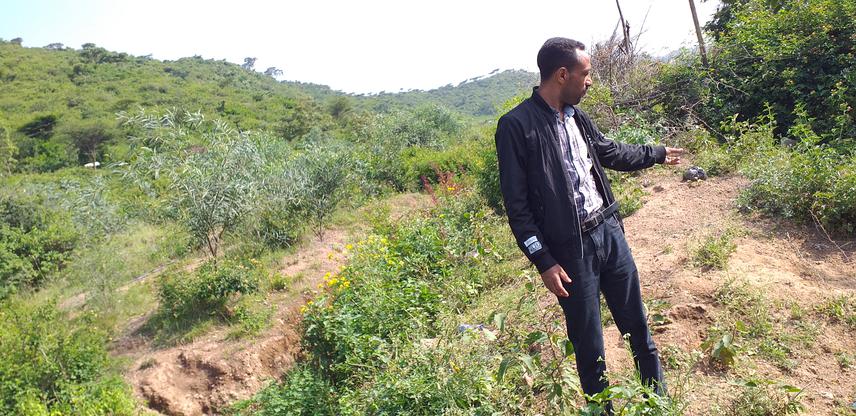Yitbarek Tibebe Weldesemaet
Tree Planting Initiatives (TPIs) are complex and interconnected landscape activities; therefore, detailed insight into their governance processes is imperative to improve functionality and replicability. This is because the different governance approaches and their outcomes can advance our understanding of the impact of governance on the achievement of TPIs goals despite the local contextual realities. Furthermore, these governance approaches of TPIs and their achievements in the different localities can help others to promote and frame their practices providing the opportunity and resources such initiatives require. While much remains unknown about how these processes could be used to enhance future TPIs governance, this study proposes to develop a best practice governance framework that is functional and replicable by present and future initiatives. This study aims to understand better the contribution of TPI governance approaches in terms of the governance structures, outcomes intended, and the local contextual realities.

Project manager demonstrating his tree planting outputs and management efforts in the suburban area of Adama, Ethiopia .
Through a survey with TPI managers, stakeholders and beneficiary communities, the study will assess (a) the various modes of governance approaches for steering TPIs in the different landscapes, and (b) the different TPIs and their biophysical and socioeconomic achievements (C) the different local contextual realities. First, the study will describe a background on Ethiopia’s past and current contexts concerning the selected representative TPIs. Then assesses why and how the schemes were initiated and implemented, discussing the governance structures specifically designed to achieve their planned goals and objectives in a dynamic environment of both opportunities and potential constraints. Finally, it highlights the significant achievements of these TPIs and shares the best practice governance approach towards implementation to inspire and foster similar future initiatives. Insights gained from the ensuing multi-scalar examination of the dynamics that substantiate and govern TPI processes, factors and outcomes can also help to shape future research agendas designed around the governance framework. Moreover, the lessons from this study will guide and improve present and future initiatives devoted to tree planting in Ethiopia and elsewhere in Africa.